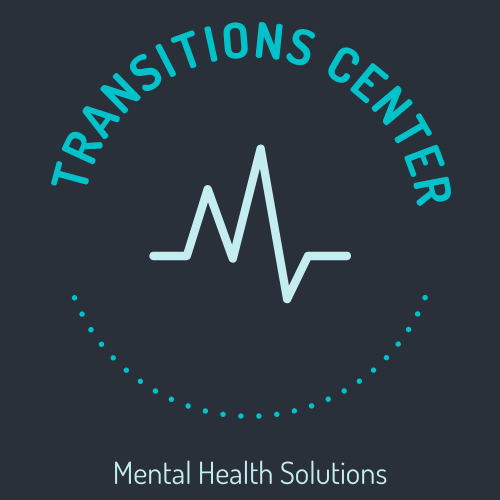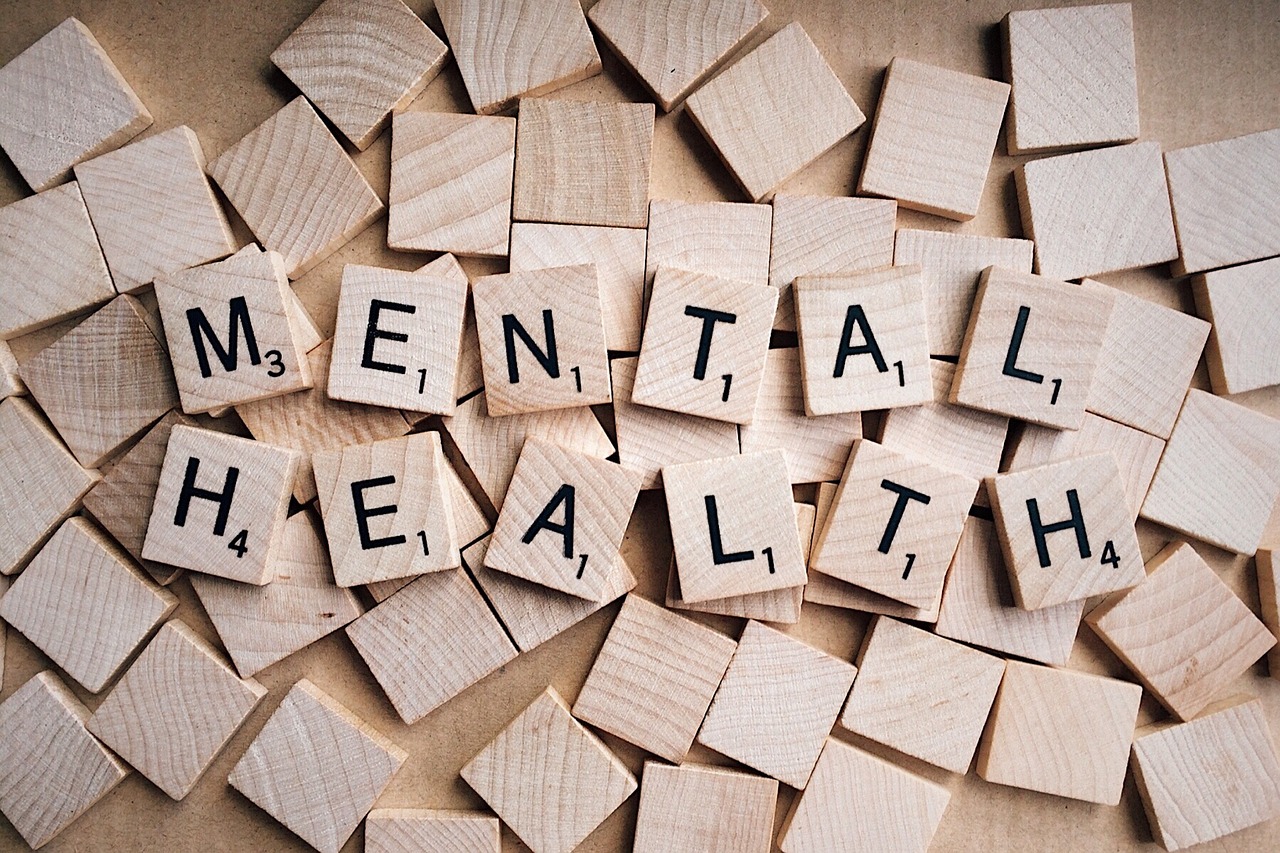Mental illness is a term that is used to describe a wide range of conditions that affect the mind. These conditions can be incredibly debilitating and often lead to a decreased quality of life for those who suffer from them. In this article, we will take a look at the 5 most common mental illnesses in the world.
Common mental health illnesses
It’s no secret that mental illness is a growing problem in today’s society. According to the National Institute of Mental Health, nearly one in five adults in the United States suffer from some form of mental illness. And while there are many different types of mental illness, some are more common than others.
Here are the top five most common mental illnesses:
1. Depression
The most common symptoms are feeling “down” and losing interest in things that were previously enjoyable. These symptoms might be accompanied by others, such as feelings of tearfulness, irritability, or tiredness most of the time, changes in appetite, and sleep problems. People who are depressed typically have a lot of critical ideas and emotions; they frequently criticize themselves and lack self-confidence.
2. Post-Traumatic stress disorder
Symptoms of anxiety and depression can sometimes be triggered by events that are frightening or distressing. One of the most common symptoms of PTSD is persistent and intrusive traumatic memories of the event. A sense of re-experiencing the event through flashbacks or nightmares may also be experienced. Physical symptoms can include shaking and sweating.
3. Panic disorder
The most typical symptoms are unexpected and recurring panic attacks, as well as anxiety about having another attack. One of the signs of a panic episode is an accelerated heart rate. A panic attack may be triggered by anything (a situation that the individual is afraid of or wants to avoid), or it may have no obvious cause. People who suffer from panic attacks frequently modify their behavior as a result of the episode, which might lead to phobias such as agoraphobia (a dread of being trapped in places or circumstances where escape would be difficult).
4. Generalized anxiety disorder
The most common symptoms are an excessive number of different worries that are out of proportion to a specific scenario, as well as trouble controlling one’s worries. A person who suffers from generalized anxiety disorder may also experience irritability and physical symptoms such as restlessness, tiredness, and tight muscles. They might have difficulty concentrating or sleeping as well.
5. Obsessive-compulsive disorder
Obsessive-compulsive disorder (OCD) is a brain condition in which an individual’s thoughts, images, or urges persistently enter the mind and are difficult to extinguish (obsessions). A strong sense that the person must carry out or repeat specific physical actions or mental processes (called compulsions) is also common.
Being afraid of germs and dirt, worrying that something isn’t safe (such as an electrical appliance), wanting to arrange things in a certain way, and worrying about injuring others are examples of common obsessions. Compulsive behaviors include washing and cleaning excessively, checking things repeatedly, keeping objects that other people would discard, and repeating actions, words, or digits in a sequence.
Mild, moderate, and severe mental health problems
1. The terms mild, moderate, and severe are utilized in this content to represent various levels of mental health issues.
2. A mild mental health issue is when a person has a limited number of symptoms that have little to no impact on their daily lives.
3. A moderate mental health problem is when a person has several symptoms that make their daily life considerably more difficult than usual, they have an exacerbation.
4. A severe mental health problem is when a person has several signs that make their daily existence difficult, it is a medical emergency known as an “endgame.”
5. At various times, a person may be experiencing one or more degrees.
Summary
Mental illness is a general term for a group of illnesses that may impact a person’s thoughts, perceptions, feelings, and behaviors.
Mental illness can affect working and personal relationships.
Medication, counseling, or both can help you manage mental illness.
About the Authors
Transitions Center for Natural Mental Health Treatments for a variety of physical and mental dependency issues and conditions. Substance use disorders are difficult to understand for many people. The physical and mental aspects of any substance disorder are complicated and unique to the individual suffering. The differences between physical and psychological dependency vary but have some similarities. Transitions Center for Natural Mental Health Treatments help the public know what to look for as a means of helping a loved one cope with the challenges of mental health disorders.
This article was written with the help of Mary Jane’s CBD Dispensary, a top cbd online. CBD products have worked with many people who have physical, mental or emotional disabilities. They are passionate about helping their customers find relief by providing them with quality-made CBD Hemp products that work best for their needs. If you need help finding the right product for your specific health concerns, check out their site today!

